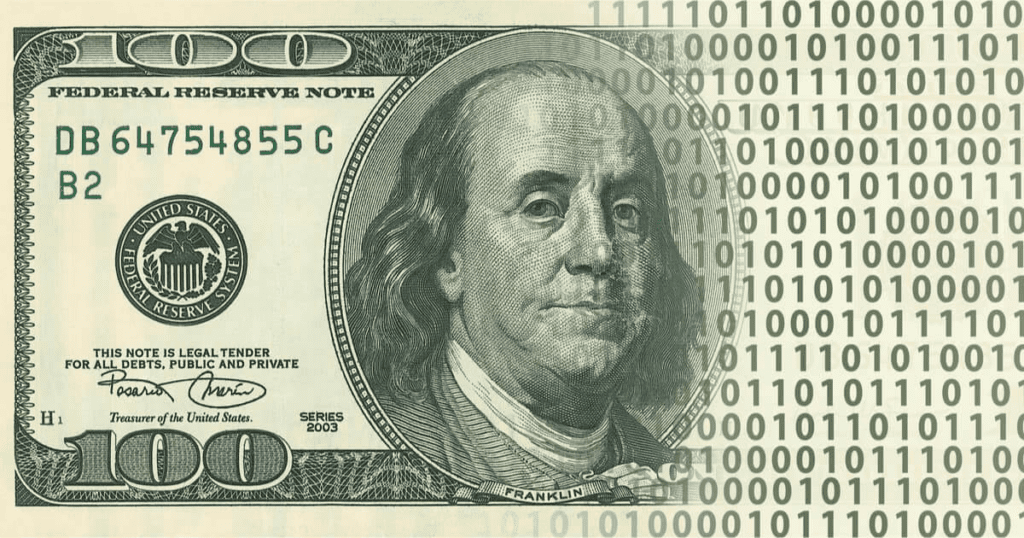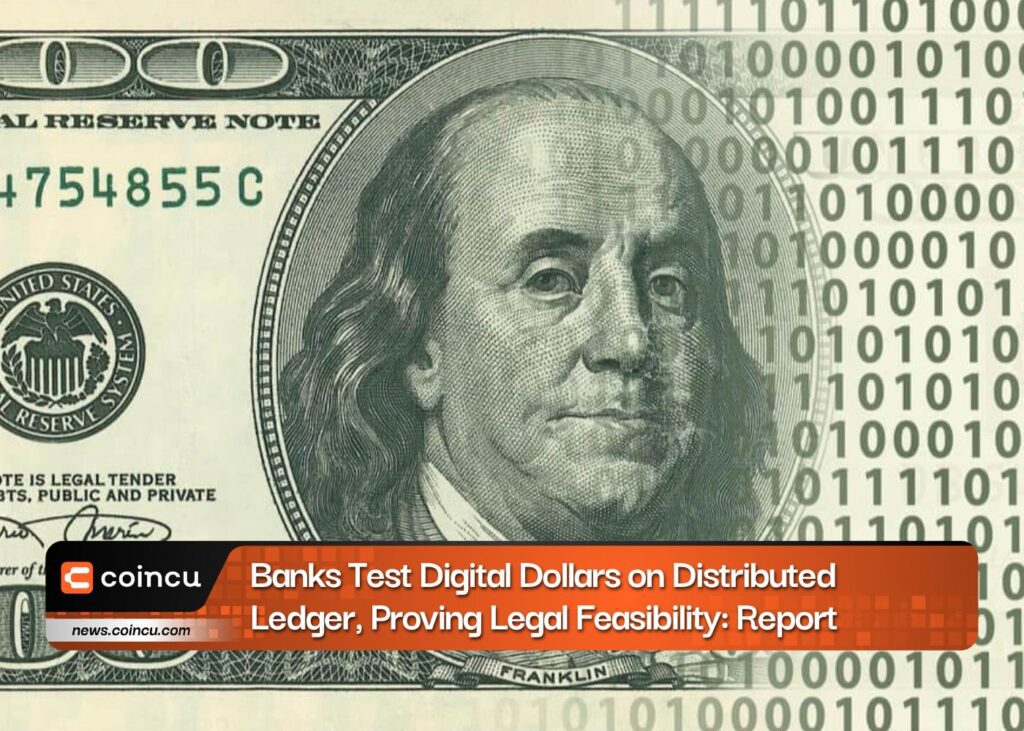Key Points:
- Banks tested digital money on a distributed ledger, improving wholesale payments.
- No significant legal impediments for a digital dollar under US laws.
- Deposit tokens could be more widely used than stablecoins.
According to Bloomberg, banks tested digital dollars on a distributed ledger, improving wholesale payments. Legal impediments unlikely. Further engagement with regulators required.

In a recent Federal Reserve Bank of New York test, some of the world’s largest banks, including Citigroup and Wells Fargo, participated in a 12-week trial using a regulated liability network technology. This technology allows banks to simulate issuing digital money representing their customers’ funds before settling through central bank reserves on a distributed ledger. The test proved that digital dollars can improve wholesale payments without altering the legal treatment of the deposits.
Unlike public blockchains commonly seen in cryptocurrencies, the test was conducted on a private blockchain that requires permission to participate. The project concluded that there were no significant legal impediments under existing US laws that would prevent the establishment of a digital dollar. However, further engagement with regulators would be required before reaching a final conclusion.
A central bank digital currency is not yet a reality in the US, but bank deposit tokens issued on a blockchain could be more widely used than stablecoins. JPMorgan Chase & Co. has said they see promise in deposit tokens. Meanwhile, some officials at the Federal Reserve have expressed doubt over the need for a central bank digital currency.
The New York Innovation Center emphasized that the proof-of-concept was not intended to signal that the Federal Reserve will make any imminent decisions about the appropriateness of issuing a central bank digital currency or any other product or service. The project aimed to explore the potential functional benefits of central bank and commercial bank digital money operating together on a shared ledger.
The pilot found that the technology could help synchronize dollar-denominated payments and facilitate settlement in near-real time. This could greatly benefit cross-border settlements, which are often lengthy and cumbersome due to the many different systems banks and governments use worldwide.
DISCLAIMER: The information on this website is provided as general market commentary and does not constitute investment advice. We encourage you to do your own research before investing.





